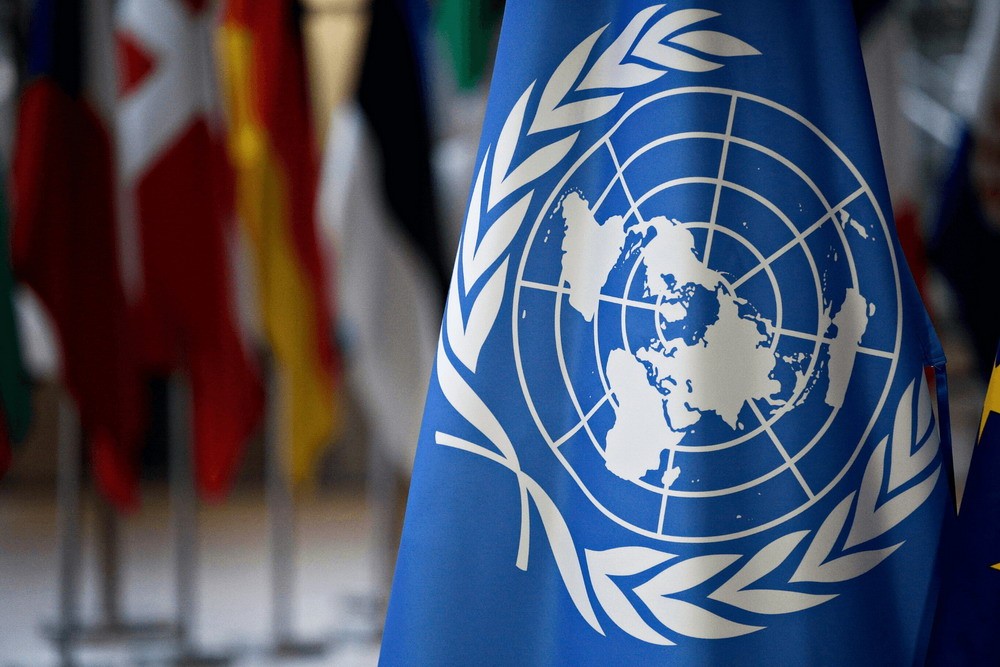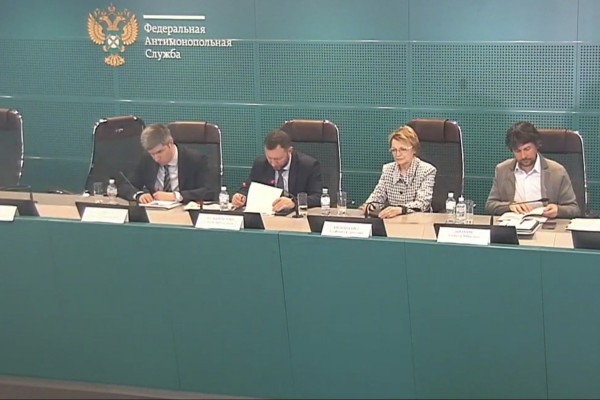BRICS Competition Law and Policy Centre, the Higher School of Economics and UNCTAD signed a memorandum of understanding.
The purpose of the agreement is to develop methodological and scientific cooperation between the Conference on Trade and Trade (UNCTAD) and the Higher School of Economics in the field of competition with a focus on the problems of cross-border cartels.
The parties agreed to develop and implement educational and research programs, publish scientific publications, hold joint events and continue expert cooperation within the framework of the UNCTAD Working Group on Combating Cross-Border Cartels.
The UNCTAD Working Group on Cross-Border Cartels was established in accordance with the resolution of the 8th UN Competition Conference on the initiative of the FAS Russia. The BRICS Competition Law and Policy Centre at the Higher School of Economics provides the Group with methodological and expert assistance. In particular, since 2020, the experts of the Centre have been conducting an empirical study on the experience of the anti-monopoly authorities of the world fighting cross-border cartels.
A cross-border or international cartel is an anti-competitive agreement that companies from different countries enter into. This is one of the most dangerous and restrictive anti-competitive practices. Due to the fact that the participants in the cartel are located in different jurisdictions, it is difficult for agencies to identify cross-border cartels, as well as obtain information outside their national jurisdiction for investigation, bring foreign defendants to participate in hearings in the case and those responsible for prosecution, etc. According to a survey conducted by the BRICS Competition Law and Policy Centre, only 33% of the agencies surveyed have experience of international cooperation to combat cross-border cartels, although the majority (85%) consider cross-border cartels a serious threat to their economy.
Alexey Ivanov, Director of BRICS Competition Law and Policy Centre at the Higher School of Economics, explains:
"Cartels are the oldest form of prohibited anti-competitive behavior, conspiracy to hold prices and divide the market. Cartels are prohibited in most developed jurisdictions. Despite a long tradition of combating this phenomenon, in many countries approaches to fighting cartels differ. In some countries it is criminal act, somewhere - a purely economic offense that entails administrative or civil liability. There is no international convention or other legal regime that prohibits cartels in a unified manner, as, for example, in relation to corruption offenses or other crimes".
Teresa Moreira, Head of Competition Policy and Consumer Protection at UNCTAD, noted that:
“Today, when the world is faced with a global pandemic, we are witnessing predominantly national reactions to this crisis. Fortunately, there is an opposite tendency in the field of antitrust regulation - the level of international cooperation is quite high. Our agreement with the HSE only confirms this. We are already conducting fruitful work with BRICS Competition Law and Policy Centre within the framework of the UNCTAD Working Group on Cross-Border Cartels, and we look forward to continuing successful cooperation, including with a focus on the problems of the digital economy".
The agreement between the BRICS Competition Law and Policy Centre of the Higher School of Economics and UNCTAD marks a new stage in cooperation in the fight against cross-border cartels.




